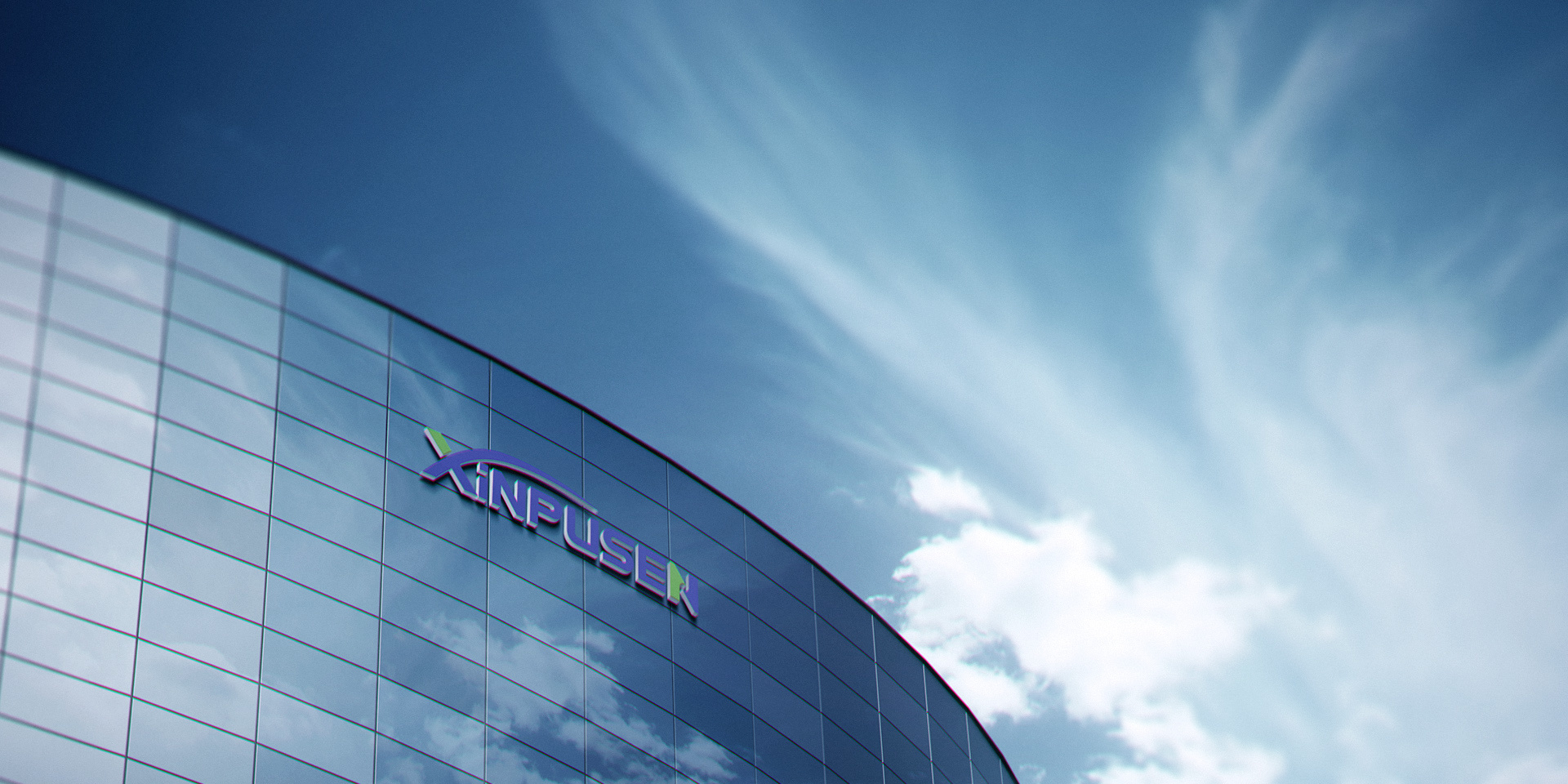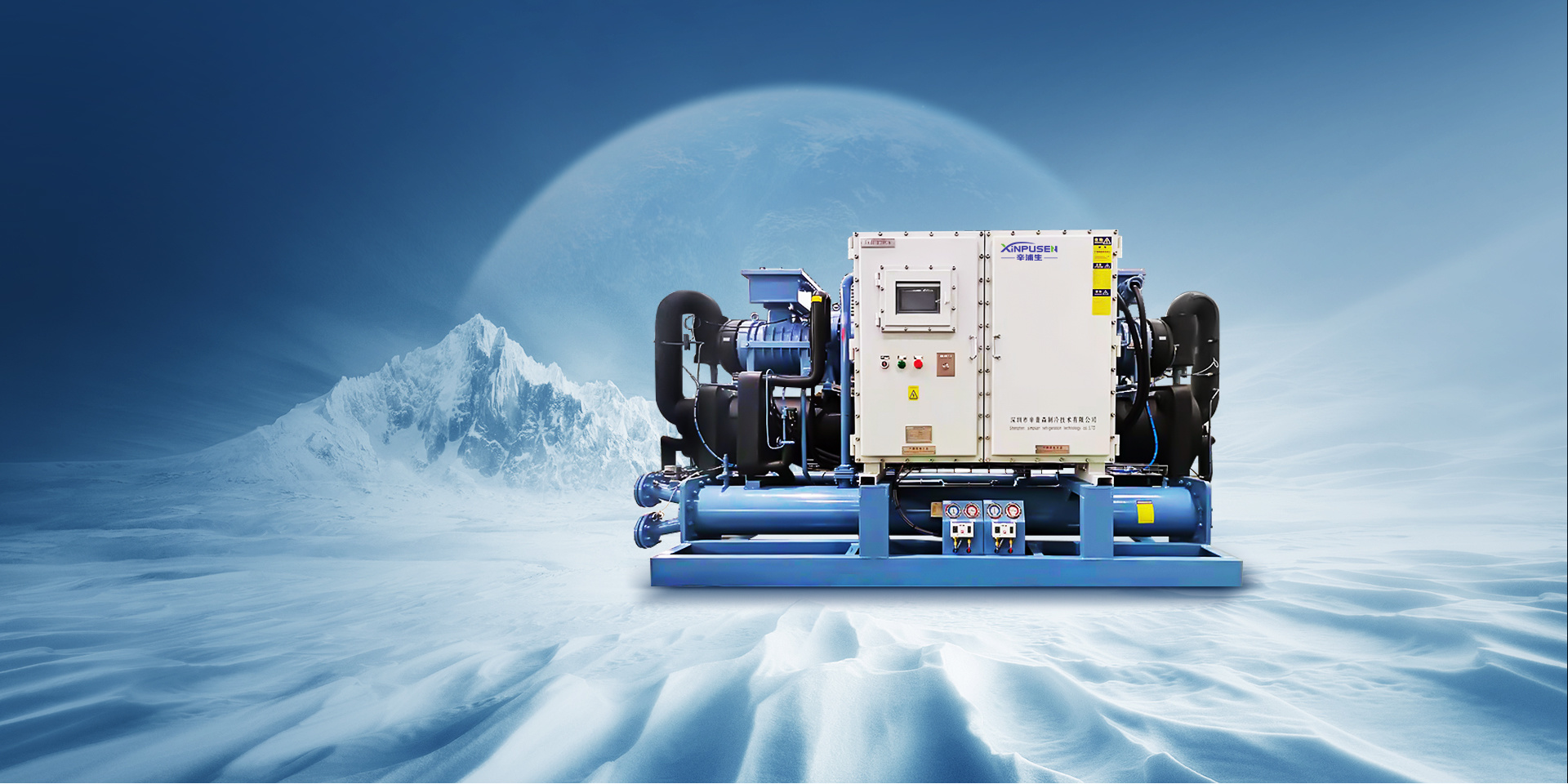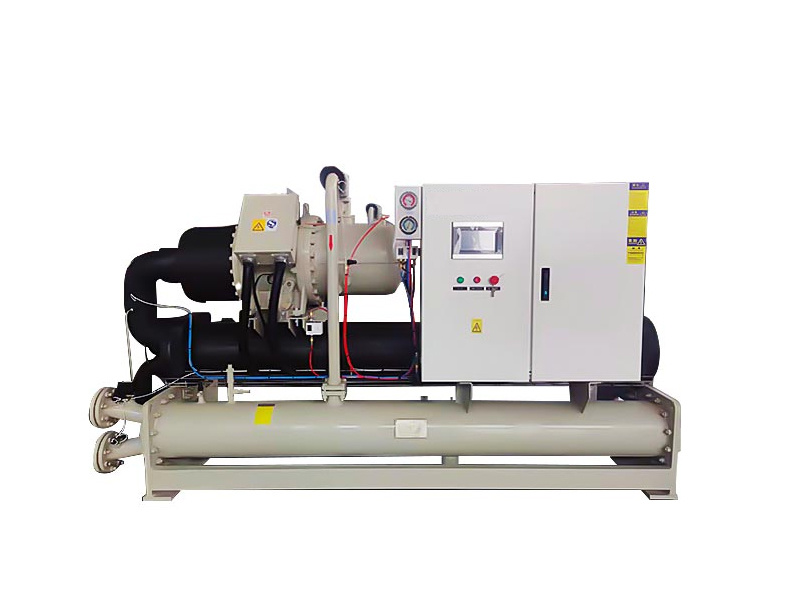What causes the chiller to make noise? Ignoring the fifth reason will bring bad luck.
2025-01-23 09:28
Simpson Group is a large-scale refrigeration equipment manufacturing plant originating from advanced German refrigeration technology. We specialize in producing: chillers, industrial chillers, screw chillers, flooded chillers, low-temperature ice water machines, air-cooled and water-cooled chiller units, explosion-proof chillers, customized chillers, semi-hermetic condensing units, screw condensing units, and other refrigeration equipment. We are a CCTV Brand Plan China Preferred Brand. Welcome to contact us!
Some noise during chiller operation is unavoidable; for example, the rotation of fans and friction between fan blades and air will produce sound. Normal sounds are acceptable, but severe, sudden, harsh, or irregular noises warrant attention!
By listening, we can locate the approximate source of the noise and then proceed with further troubleshooting. Below are some common causes and solutions for noise; let's take a look together with the Kadley Chiller editor!
First, let's find the cause from the easily checked and observed components:
1. Are the base screws loose?
Chillers are fixed to the ground. Over time, the base bolts may loosen, causing instability and noise. This can be solved by replacing the base bolts. Where feasible, vibration dampeners can be installed to ensure the chiller is securely fixed to the ground.
2. Are the connecting pipes secure?
Chillers have various sized pipes connecting the chiller, equipment requiring cooling, and other auxiliary devices. Loose connection screws can produce noise during operation. The solution is to secure the pipes and equipment.
3. Is there a problem with the fan?
Air-cooled chillers have fans consisting of a fan cover and blades. Blades deformed by external forces will produce noise during rotation, and dust and debris entering the fan cover will also cause noise. Replacing the blades and regularly cleaning debris from the fan can reduce noise.
Next, let's observe the following components for any unusual sounds:
4. Is the water pump making unusual noises?
Unusual water pump noises are often caused by impure water, leading to clogged pipes and noise. The circulating water needs treatment to meet chiller requirements.
5. Is the compressor making unusual noises?
Unusual compressor noises are a significant issue, as the compressor is the "heart" of the chiller. Unusual noises require attention. The main causes are:
Cause 1: Liquid refrigerant entering the compressor
If liquid refrigerant enters the compressor, it cannot be compressed and will cause liquid hammer, creating vibration or noise due to the liquid pressure on the internal structure. Excess refrigerant also dilutes the refrigeration oil, causing wear and tear on mechanical parts.
Solution: Check for excess refrigerant and release any surplus; check the expansion valve opening and adjust as needed.
Cause 2: Excess refrigeration oil causing liquid hammer
Solution: Check the amount of refrigeration oil in the compressor and adjust to the appropriate level.
Cause 3: Unusual noises from the compressor cylinder and crankshaft
This is usually due to a lack of lubricating oil, causing abnormal wear and tear on internal compressor parts, resulting in unusual noises and affecting compressor operation, reducing equipment lifespan. In this case, the compressor needs repair or replacement. Regular inspection of the chiller and compressor can effectively prevent this.
Industry professionals have encountered situations where poor return oil flow in the return oil pipe led to a lack of refrigeration oil, damaging the compressor crankshaft bushing and creating significant noise, along with increased wear.
A little noise is normal for a chiller in operation, but irregular or sudden noises should be investigated. In summary, several causes of chiller noise include: loose connection screws, fan problems, water pump noise, excess refrigerant, and excess refrigeration oil.
Previous: Solutions for insufficient water flow fault codes in water dispensers - check here!
More Information
2026-03-02
Understanding the Advantages of Water-Cooled Screw Chillers for Industrial Applications
2026-02-24
quality air cooled industrial chiller
2026-02-23
Essential Insights into Air Cooled Industrial Chillers: Efficiency, Selection, and Maintenance
2026-02-16
What to Expect During the Installation of Air Cooled Industrial Chillers: A Comprehensive Guide
2026-03-02
Understanding the Advantages of Water-Cooled Screw Chillers for Industrial Applications









 CN
CN EN
EN


